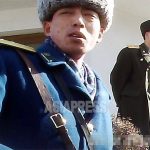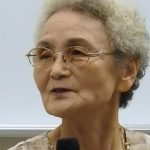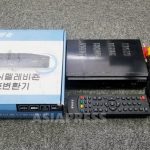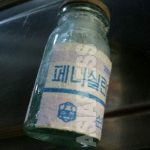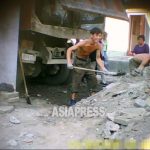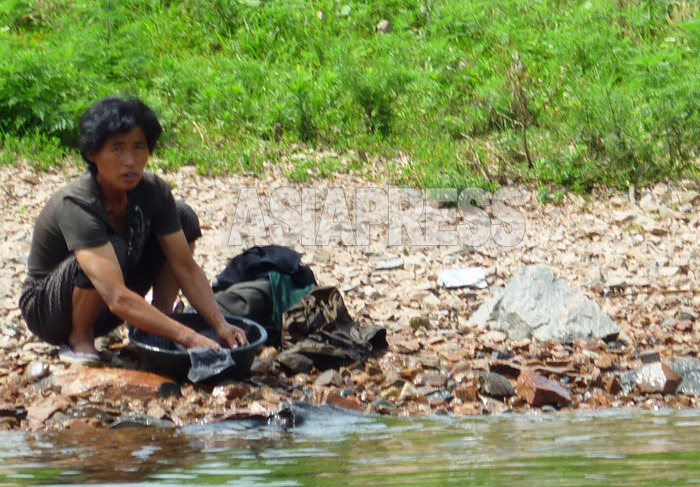
2018/Feb/22
The economic sanctions on North Korea seem to be working. ASIAPRESS reporting partners in North Korea reported that North Korean companies trading with China were experiencing hard times, and that the North Korean military was suffering from supply shortages. Did North Korea’s increasingly desperate situation lead to Kim Jong-un dispatching his sister, Kim Yo-jong, as an envoy to South Korea? (Kang Ji-won/ISHIMARU Jiro)
Reporting partner, 'A', who lives in North Hamkyung Province, delivered his report after he had visited several North Korean cities: "Some trading companies have ceased production since early October last year. There are a number of companies which are open, but without any business."
'A'explained the difficulties trading companies in North Korea are facing, saying "Kangsung Trading Company in Chongjin City owns a large building adjacent to Soonam District Market. As trading with China was shutdown, the company leases the building to merchants at the market as a storage or wholesale space. The branch offices of Kangsung Trading Company and Tongyang Company are leasing their offices for storage because of discontinued trading with China."
Trading companies with headquarters in Pyongyang have branch offices in the local cities where they export ore, seafood, and products by consigned processing to China. Kangsung Trading Company, with headquarters in Pyongyang, belongs to the DPRK People’s Armed Forces.
Naturally, poor business performance has resulted in the deteriorating welfare of the employees. 'A' continued, "Only the company’s president, accountant, and security staff came into work at the trading companies that I investigated. No work was assigned to the employees, known as'Trade Guides’.No wages,nor payments in kind,such as rice or cooking oil have been paid. Consequently,the companies are continuing to transport miscellaneous goods imported from China, but there are no lay-offs or closures, so far."
Another reporting partner,'B'confirmed the same situation in Yanggang and North Pyongan Provinces. 'B' reported that some mines which exported to China has ceased mining. ‘B’ explained, "Copper and zinc mines in Yanggang Province have almost entirely shut up shop, because export to China has become impossible. Payment of wages to miners have ceased, but the food supply seems to continue."
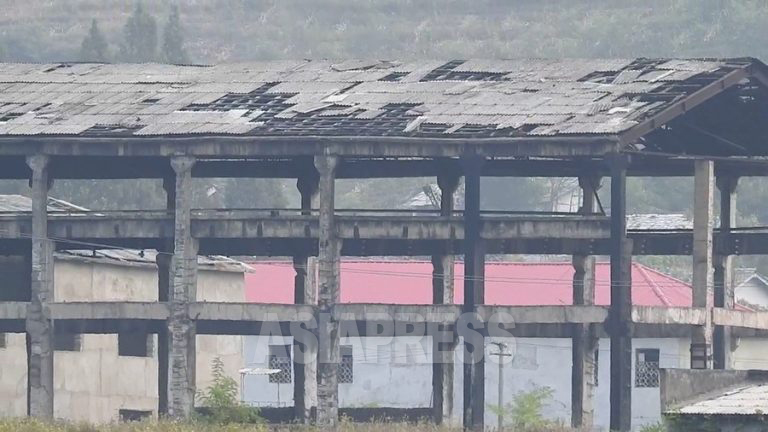
The most sensitive sector to feel the effects of the economic sanctions is the fuel industry. The cost of gasoline and diesel doubled as the North Korean government enacted tighter controls on fuel supplies from April 2017, having anticipated the strict restriction of oil related products.The cost of a liter of gasoline peaked at KRW 2,692 at the end of January this year. (It plummeted to KRW 1,695 in February: ASIAPRESS investigation).
The sharp rise of fuel prices hit the military and ordinary people hard. As the military couldn't get the required fuel supplies from the government, they could not go to the collective farms to bring in the potato and corn crops from the harvests.
Reporting partner 'C', in Yanggang Province, reported "Originally, 'Rear Supply Units'were responsible for fuel supplies to the battalion and should have prepared vehicles to bring in the crops. But as there was no fuel, they used charcoal engines and oxcarts. It is also common that a delayed food supply encourages soldiers at checkpoints to extort food from locals. People in Yanggang Province are angry at the sharp rise in the price of timber for cooking and heating. Costs have soared due to the expense of transporting the timber to the cities. If a cart were left at the road side, people would steal it for firewood."
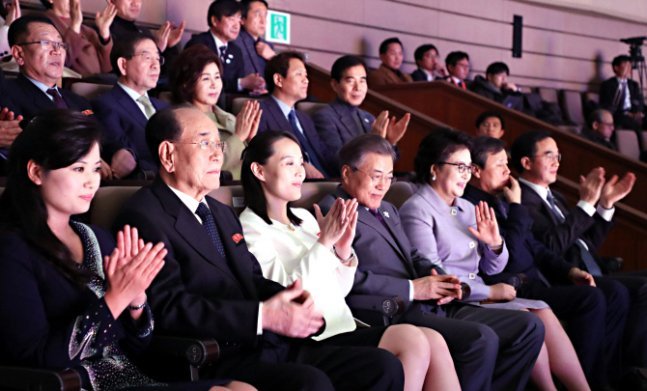
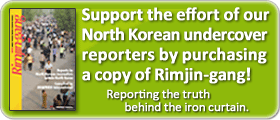 * Editor’s notes on North Korean reporters
* Editor’s notes on North Korean reporters
ARCHIVE(pdf) >>
DPRK MAP >>
